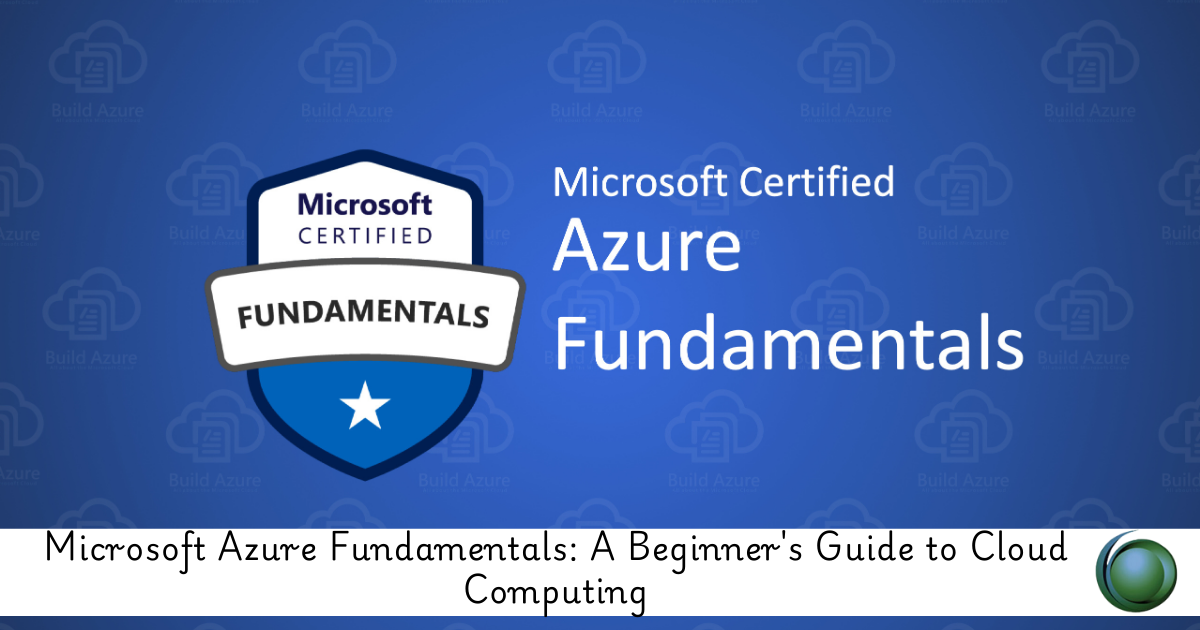Description
Introduction:
Effective cloud data management is crucial for ensuring the integrity, availability, and security of data in cloud environments. This course provides a comprehensive understanding of cloud data storage, backup, and recovery strategies. Designed for IT professionals, data administrators, and cloud architects, the course covers best practices for managing cloud data storage, implementing robust backup solutions, and developing disaster recovery plans. Participants will learn how to leverage cloud storage services, configure backup and recovery processes, and ensure data protection in various cloud environments. By the end of the course, learners will be equipped to design and manage resilient its solutions that meet organizational needs and compliance requirements.
Prerequisites:
- Basic Knowledge of Cloud Computing: Understanding of cloud service models (IaaS, PaaS, SaaS) and core cloud concepts.
- Experience with Cloud Storage Services: Familiarity with cloud storage solutions offered by AWS, Azure, or Google Cloud is beneficial.
- Understanding of Data Backup and Recovery Concepts: Basic knowledge of traditional data backup and recovery principles.
- Experience in IT or Data Management: Prior experience in managing IT infrastructure or data management is advantageous.
Table of Content:
- Introduction
1.1. Overview
1.2. Importance of Data Storage, Backup, and Recovery
1.3. Benefits and Challenges - Key Cloud Storage Providers and Services
2.1. Cloud Storage Solutions
2.2. Understanding Cloud Storage Types: Object, Block, and File Storage
2.3. Overview of Major Cloud Storage Services (AWS S3, Azure Blob Storage, Google Cloud Storage)
2.4. Data Lifecycle Management and Archiving
2.5. Implementing Storage Classes and Tiers for Cost Optimization
2.6. Case Studies: Effective Use of Cloud Storage Solutions - Data Backup Strategies in the Cloud
3.1. Principles of Data Backup: Full, Incremental, and Differential Backups
3.2. Designing Backup Strategies for Cloud Environments(Ref: Introduction to Cloud Automation: Scripting & Orchestration)
3.3. Implementing Automated Backup Solutions
3.4. Configuring Backup Schedules and Retention Policies
3.5. Case Studies: Backup Strategies for Various Cloud Environments - Cloud Backup Tools and Services
4.1. Overview of Cloud Backup Tools and Services
4.2. Using Native Cloud Backup Solutions (AWS Backup, Azure Backup, Google Cloud Backup)
4.3. Third-Party Backup Solutions for Cloud Environments
4.4. Backup Management and Monitoring
4.5. Case Studies: Tools and Services for Cloud Backup - Data Recovery and Restoration
5.1. Understanding Data Recovery Processes and Objectives
5.2. Implementing Recovery Point Objectives (RPO) and Recovery Time Objectives (RTO)
5.3. Data Restoration Techniques and Best Practices
5.4. Testing and Validating Backup and Recovery Processes
5.5. Case Studies: Data Recovery Scenarios and Solutions - Disaster Recovery Planning
6.1. Designing Disaster Recovery Plans for Cloud Data
6.2. Implementing Business Continuity Strategies
6.3. Integrating Backup and Recovery with Disaster Recovery Solutions
6.4. Conducting Regular DR Drills and Testing
6.5. Case Studies: Successful Disaster Recovery Implementations - Security and Compliance for Cloud Data Management
7.1. Securing Cloud Data Storage and Backup
7.2. Implementing Encryption for Data at Rest and in Transit
7.3. Managing Access Controls and Identity Management
7.4. Ensuring Compliance with Regulatory Requirements (GDPR, HIPAA, etc.)
7.5. Case Studies: Security and Compliance in Cloud Data Management - Cost Management in Cloud Data Management
8.1. Understanding Costs Associated with Cloud Storage and Backup
8.2. Strategies for Cost Optimization and Budgeting
8.3. Monitoring and Managing Cloud Data Costs
8.4. Leveraging Cost Management Tools and Reports
8.5. Case Studies: Cost Management Strategies for Cloud Data - Performance Optimization
9.1. Optimizing Cloud Storage Performance
9.2. Implementing Performance Tuning and Monitoring
9.3. Managing Data Transfer and Bandwidth Utilization
9.4. Case Studies: Performance Optimization in Cloud Data Management - Future Trends and Innovations
10.1. Emerging Trends in Cloud Data Management
10.2. Advances in Backup and Recovery Technologies
10.3. The Role of Artificial Intelligence in Data Management
10.4. Preparing for Future Developments in Cloud Data Management
10.5. Case Studies: Innovations and Trends in Cloud Data Management - Hands-On Labs and Exercises
11.1. Configuring and Managing Cloud Storage Solutions
11.2. Implementing and Testing Backup Strategies
11.3. Performing Data Recovery and Restoration
11.4. Designing and Testing Disaster Recovery Plans - Conclusion and Next Steps
12.1. Recap of Cloud Data Management Concepts and Best Practices
12.2. Exploring Certification Paths for Cloud Data Management Professionals
12.3. Resources for Continued Learning and Professional Development
Conclusion:
This certification equips professionals with essential skills to effectively manage data in cloud environments, ensuring robust storage, backup, and recovery processes. By mastering these competencies, candidates can enhance their organizations’ data resilience and security.







Reviews
There are no reviews yet.